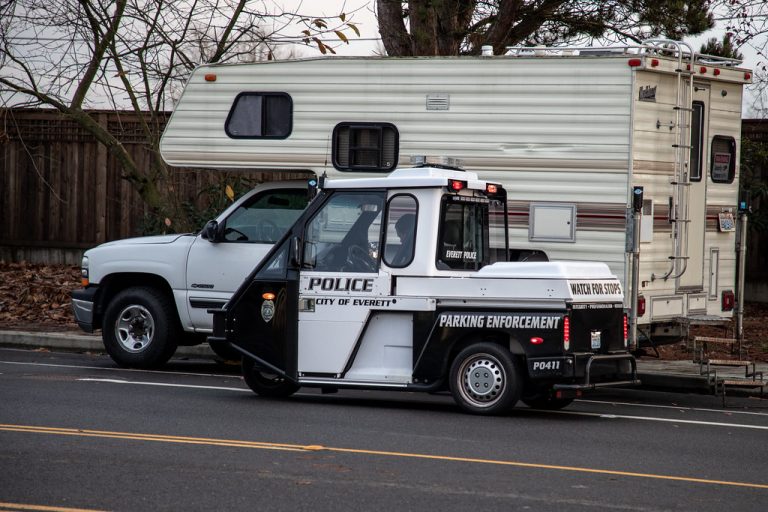Published on March 19, 2024

Originally reported in The Daily by Shira Sur
It took three encounters with a person threatening bypassers near the West Campus dorms for first-year student Hannah Whitemarsh to call 911.
Whitemarsh’s call to UWPD, which was made in mid-October of 2023, was transferred to the Seattle Police Department (SPD). After she was asked whether the person had a weapon, to which Whitemarsh answered “no,” and whether the person was on drugs, which Whitemarsh did not know, SPD stated there was nothing they could do and ended the call.
Whitemarsh, who had expected more action from SPD because the incident took place right outside of campus, was frustrated.
“I’m not sure what they were supposed to do about it, but I just felt like it should have been taken a little bit more seriously,” Whitemarsh said. “Their job is to protect students and the people in the area.”
Call data from SPD shows that 2,813 calls were made to the department in the U-District neighborhood last quarter, from Sept. 27 to Dec. 15, with just over 10% being about a suspicious person.
SPD Crime Prevention Coordinator Sarah Lawson said that SPD would rather students call 911 even if they are unsure if the situation warrants a response, so that if something more serious were to happen, police would be able to stop it.
The police rely on public eyes in the U-District, including students, to let them know what is going on, according to Lawson.
UW professor Ann Frost, a lecturer in the law, societies, and justice, and sociology departments, expressed concern that when police rely on the public to report “suspicious people,” people’s biases and stereotypes could play a factor in who they are going to report.
“We know that primarily people of color and poor people are going to be reported as suspicious, even if they’re doing things that a white person regularly does,” Frost said.
Whether you feel safe or not is an individual question, according to Frost. That feeling of safety is influenced by many things, including a want not to be a victim of a crime, but also the crime-heavy media we consume, according to Frost.
Both Frost and Maayan Simckes, an affiliate assistant lecturer in epidemiology and an epidemiologist at the Washington State Department of Health, agreed that there is no easy answer to knowing whether to report a crime or not.
Simckes, whose 2021 study examined the impact policing has on communities, said the U-District stands out because it’s not homogenous — students come from different backgrounds and have different past experiences with police.
There is an expectation that the police should be able to play the role of not only law enforcement officers but also social workers and clinical providers, which further diminishes their ability to do their job well, according to Simckes.
Continue reading here.
How should police respond to disruptive person calls in and around the UW campus? How do biases and stereotypes determine who is targeted?